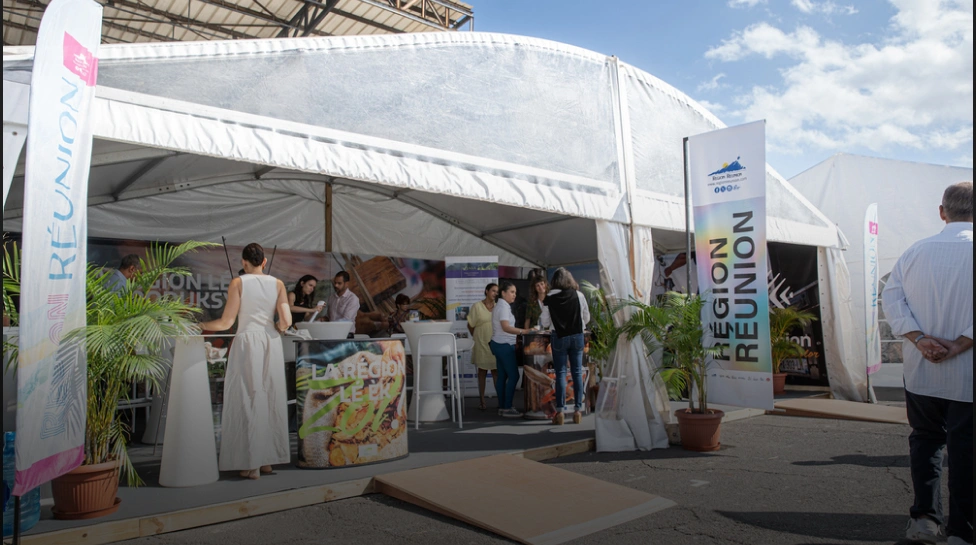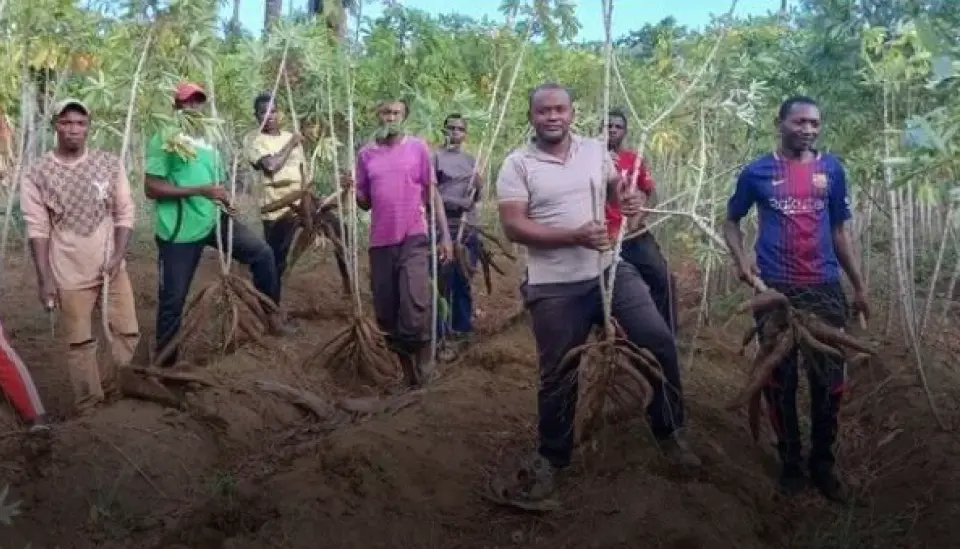Regenerating Soils and Encouraging Sustainable Farming Methods
In the Sambirano Valley, located in the northwest of Madagascar, cocoa trees are heavily affected by the impacts of climate change. The production of exceptional beans, highly prized by the Swiss chocolate industry, is threatened by devastating cyclones, soil erosion, and pollination threats.
In response to these challenges, Swiss initiatives such as the « Climate-Resilient Cocoa Landscapes », led by Helvetas and supported by the Swiss Platform for Sustainable Cocoa, engage local and global stakeholders to safeguard this crucial ecosystem.
Once predictable, the rainy season is now short and intense, making the Sambirano River a hazard. Fertile soils are devastated by erosion, while harvests decrease due to a destructive cycle of drought and flooding. In response to this crisis, farmers are examining and implementing other methods. In Ambanja, pollination is also done by hand, a method that has become essential.
Madagascar’s cocoa, known for its complex flavors, remains a niche product with an annual production fluctuating between 12,000 and 15,000 tons. However, it represents a strategic advantage for Switzerland, which purchases 1,500 to 2,000 tons annually. To ensure the sustainability of this sector, Helvetas is committed to regenerating soils and encouraging sustainable farming methods, such as the use of organic fertilizers.
This project also aligns with a broader approach. Starting in 2026, the European Union will impose a « deforestation-free » certification for imported products. Consequently, Helvetas supports farmers in mapping their lands and acquiring property titles, which are essential for compliance with these standards.






